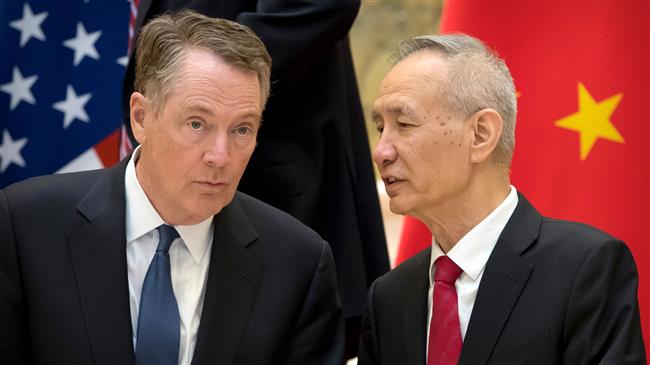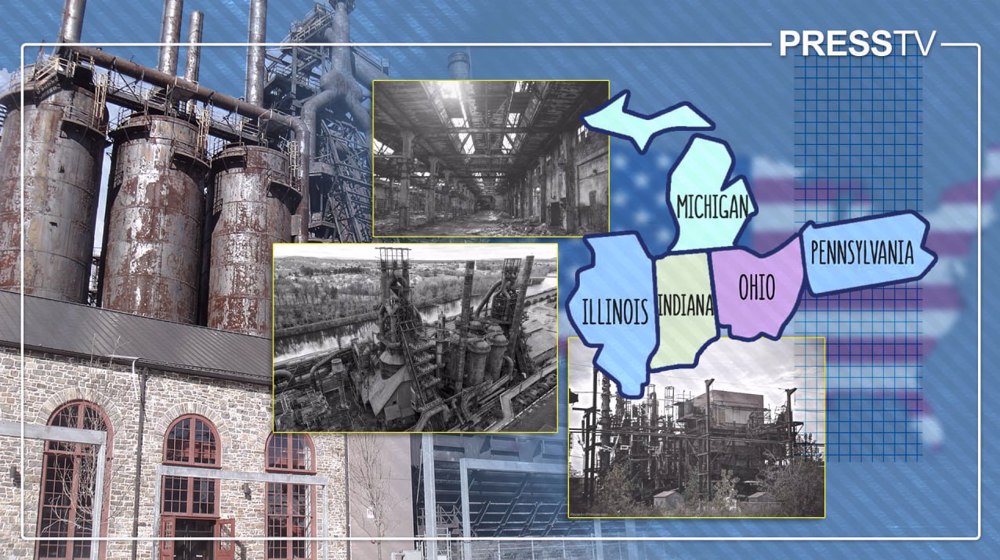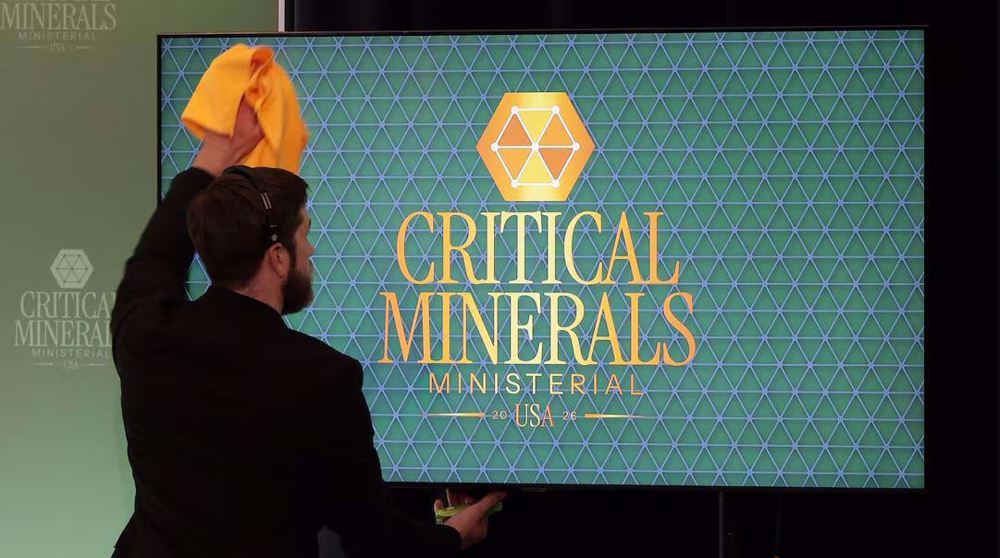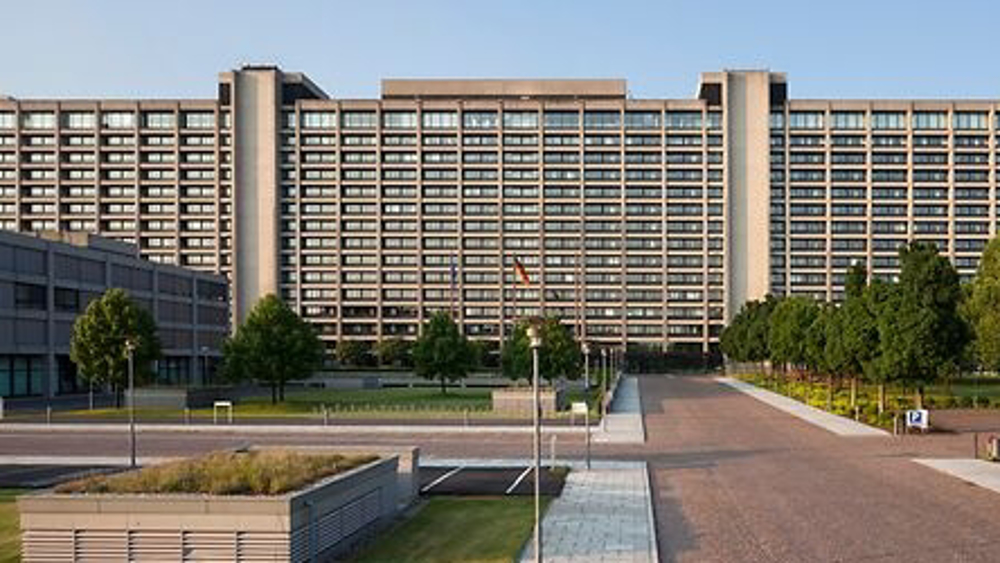'Phase two' trade deal between US and China unlikely: Officials
A "phase two" trade deal between the United States and China seems less likely as Washington and Beijing struggle to strike a preliminary "phase one" agreement, according to officials, lawmakers and trade experts from both countries.
In October, US President Donald Trump said during a press conference with Chinese vice premier Liu He that he expected to quickly begin a second phase of talks once "phase one" had been completed.
The second phase would address a key US accusation that China effectively steals American intellectual property by forcing US companies to transfer their technology to Chinese rivals.
But the difficulties in getting the first-stage done, along with the November 2020 US presidential election and the Trump administration’s reluctance to work with other countries to pressure Beijing are reducing chances for anything more ambitious in the near future, sources have told Reuters.
The 16-month trade war with China has created turmoil for US businesses and farmers, disrupted global supply chains and increasing the threat of a recession worldwide.
Reuters reported on Wednesday that completion of a partial trade deal between the US and China will likely be postponed to next year, as Beijing presses for more extensive tariff rollbacks and Washington counters with more demands of its own.
Trump's main priority at the moment is to secure a big phase one announcement, securing large Chinese purchases of US agricultural commodities that he can promote as an important victory during his re-election campaign, according to a White House official.
After that, China could recede somewhat on Trump's policy agenda as he turns to domestic issues, the official said, speaking on condition of anonymity. He will probably leave other major contentious issues to senior aides, who are likely to continue pushing Beijing over the theft of US intellectual property, its militarization of the South China Sea and its human rights record, the official said.
Chinese officials say they don't expect to discuss a phase two deal with their American counterparts before the US election, in part because they want to wait to see if Trump wins a second term.
"It's Trump who wants to sign these deals, not us. We can wait," one Chinese official told Reuters.
US Representative Jim Costa, a Democrat representing California's 16th congressional district in the lower chamber of Congress, said Wednesday that "pragmatic" Chinese sources had told him the same thing.
There is broad support in Congress for Trump's push to punish China for years of alleged economic espionage, cyber attacks, forced technology transfer and dumping of low-priced goods made with massive government subsidies.
Both China and the United States have a clear interest in getting a phase one deal completed relatively soon to soothe markets and assuage domestic policy concerns, said Matthew Goodman, a former US government official and trade expert at the Center for Strategic and International Studies.
Europe and other US allies have been reluctant to join Washington's pressure campaign on Beijing, partly due to frustration with the Trump administration's focus on unilateral action and in part due to their reliance on Chinese investment.
"We need an international coalition to successfully attack phase two," said Kellie Meiman Hock, managing partner at McLarty Associates, a trade consulting group in Washington.
Former US Secretary of State Henry Kissinger has warned the US-China trade war could lead to a global military conflict if the two countries fail to resolve their commercial dispute.
Kissinger, 96, made the sober remarks on Thursday at the Bloomberg New Economy Forum in Beijing.
VIDEO | Up to 4,000 children lost limbs in Gaza war, now trapped without prosthetics
Iran FM arrives in Geneva for next round of indirect talks with US
Israeli strike in eastern Lebanon kills four
Six top Trump administration officials appear in Epstein files
VIDEO | Little short-term gain for US in striking Iran
VIDEO | Israel escalation and 'Board of Peace' meeting
VIDEO | Press TV's news headlines
Gaza Nasser Hospital slams MSF’s ‘unsubstantiated’ claims as medical work suspended











 This makes it easy to access the Press TV website
This makes it easy to access the Press TV website